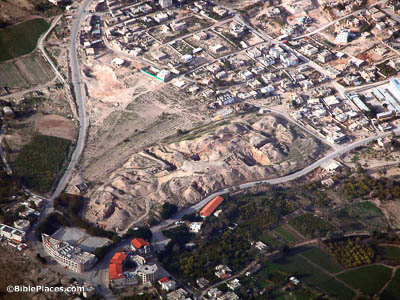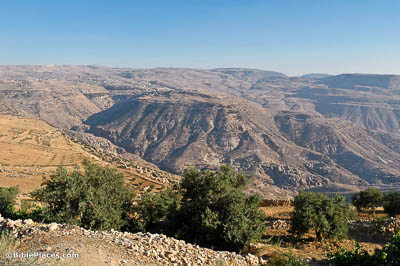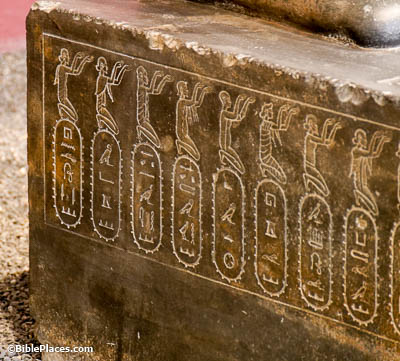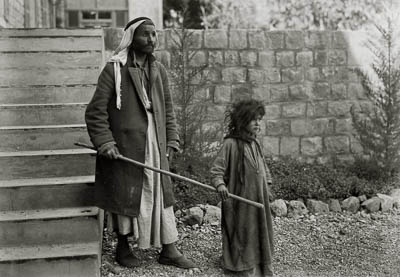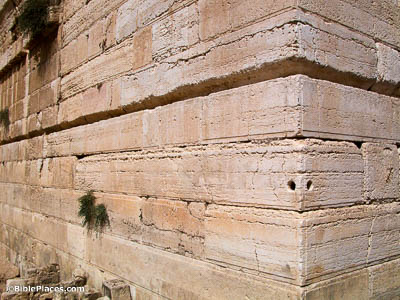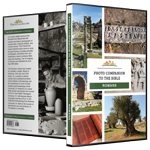For I could wish that I myself were anathema from Christ for my brethren’s sake (Romans 9:3).
The word translated here as “anathema” is a transliteration of the Greek word anathema. In Paul’s use of the word, following the Greek translation of the Old Testament, it is equivalent to the Hebrew word hērem, which was used to refer to the type of warfare in the conquest in which the Israelites were to devote a city to complete destruction. An example of this is the destruction of Jericho, pictured here (Josh 6:17). Paul’s Jewish brethren were in danger of destruction because of their rejection of the Messiah, and Paul expressed the desire to take their punishment on himself, if that were possible.
